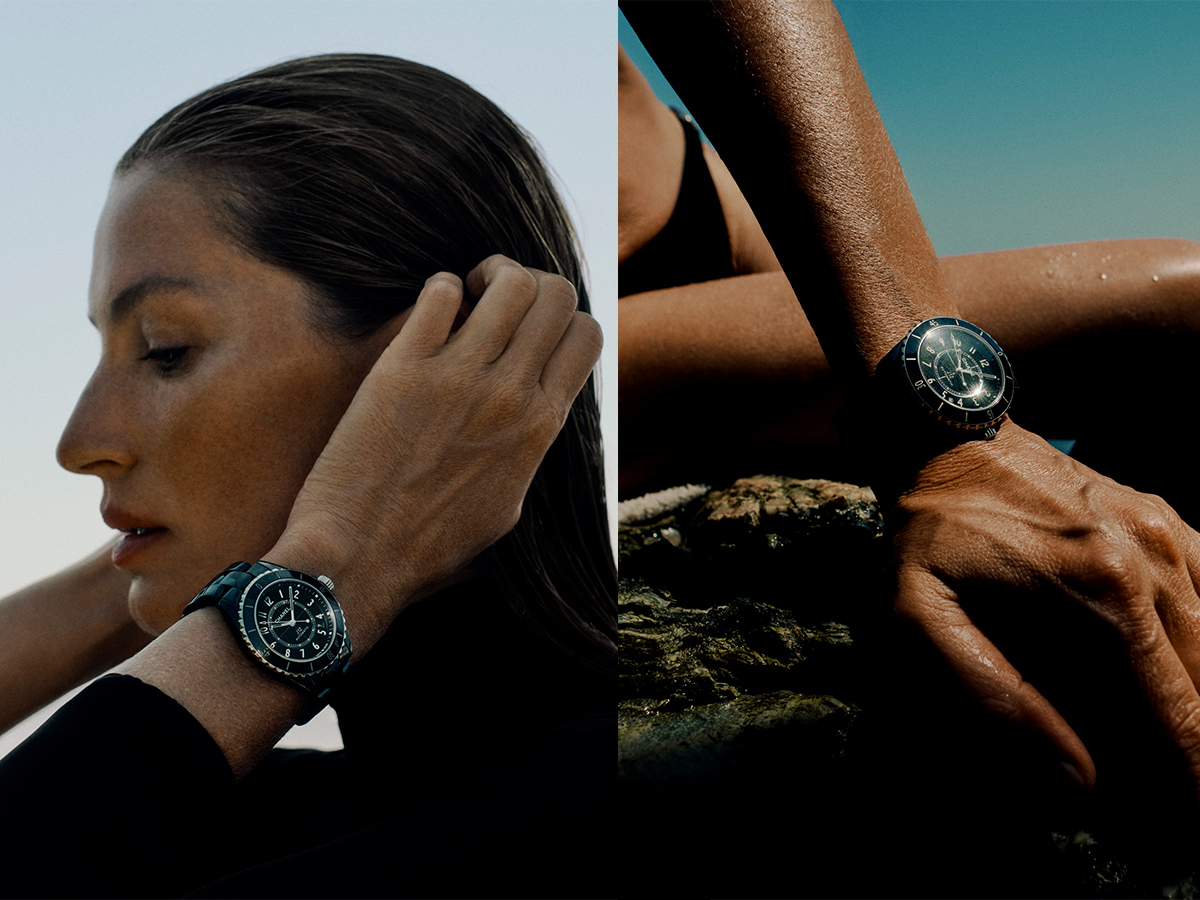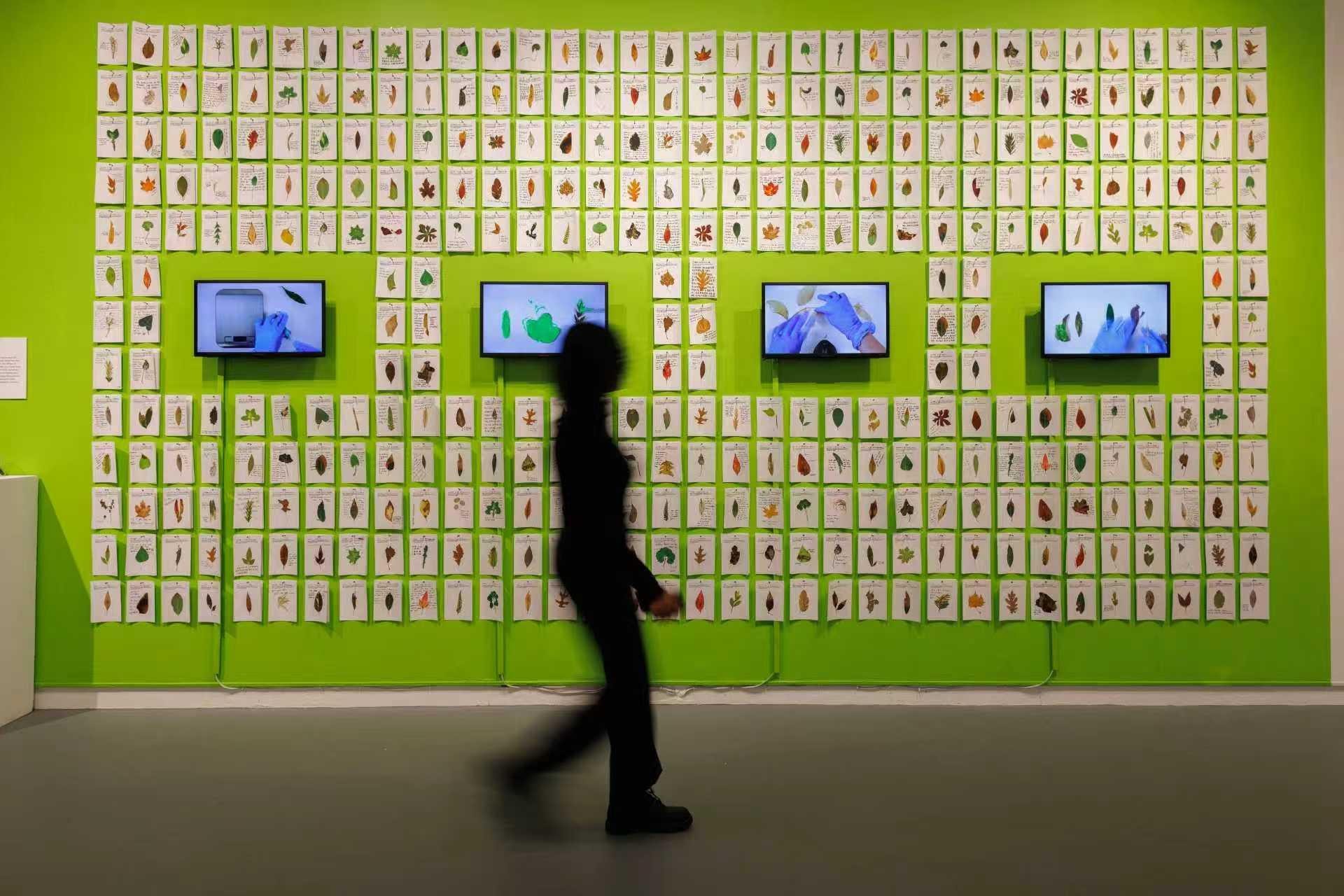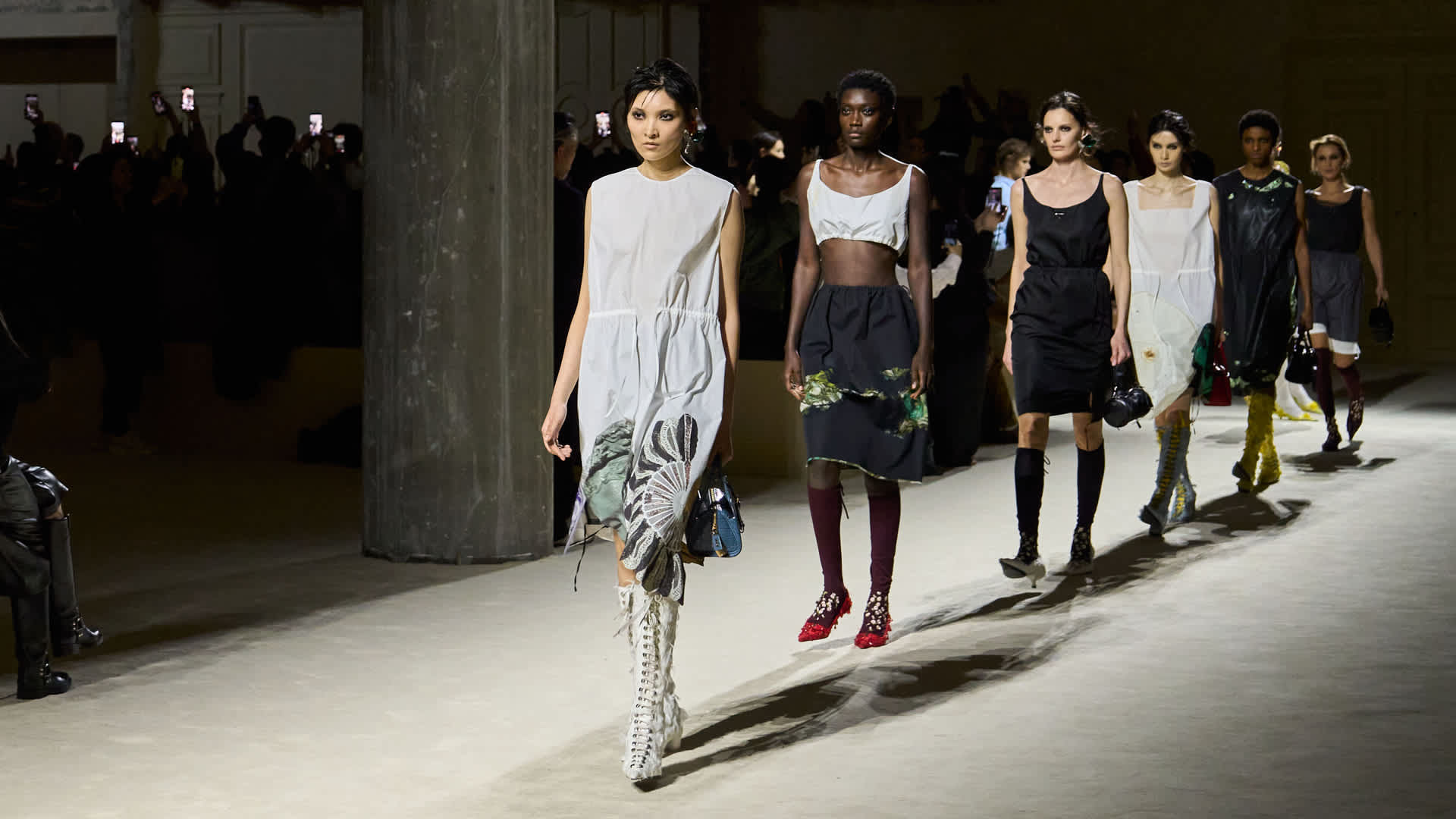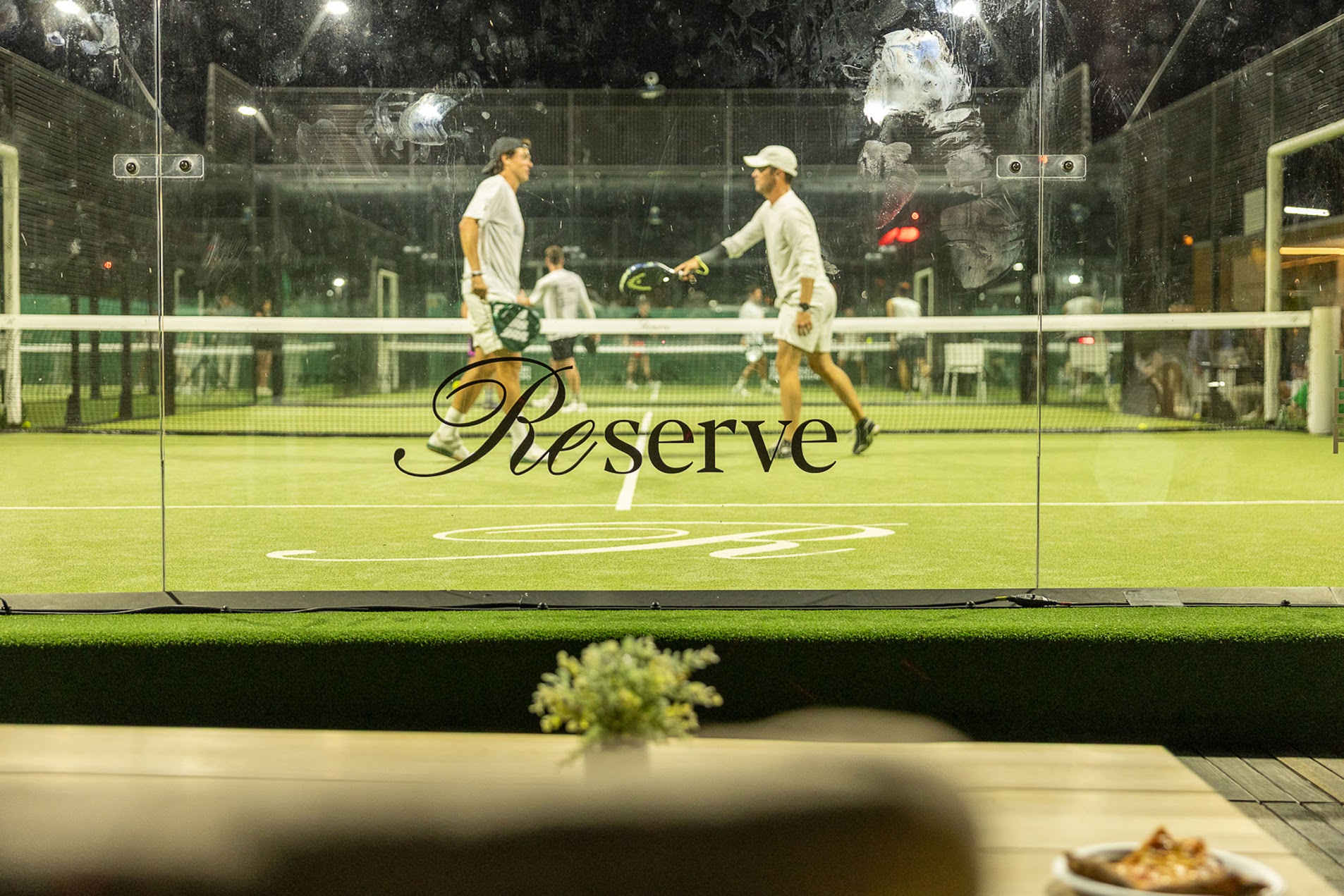The Taste of Opulence: Opus One’s CEO David Pearson

CEO David Pearson has led Opus One, the Napa Valley partnership between Robert Mondavi and Baron Philippe and Baroness Philippine de Rothschild (of Mouton Rothschild fame), since 2004. Pearson is the first person ever given sole responsibility for the high-profile venture. The same year, Constellation Brands, Inc. purchased Robert Mondavi Corporation, assuming 50 percent ownership of Opus One, which is arguably Napa Valley’s most premium wine brand. Since that time, Pearson and team have worked to ensure that the traditions and vision of Opus One continues to mature in the same manner as its fine wines.
[highlight_text] Opus One has come into its own as a vineyard, and as a winery is still inspired and driven by the vision of the parents while operating independently. [/highlight_text]
Haute Living Before Opus One, there was a common belief that a truly great wine couldn’t be created in California. How did Robert Mondavi and Baron Philippe de Rothschild and his daughter Baroness Philippine change this belief?
David Pearson Napa Valley has a long wine making history that can be traced back to the 1880s, and Inglenook was making great wines in the 1960s and the ’70s. But when you bring together two great winemaking families, like Rothschild and Mondavi, you necessarily have great expectations. When these two families came together, it brought the focus of the world to a region that had promise, and this set us up to become one of the great winemaking regions of the world.
HL What was Mondavi and Baron Rothschild’s vision when they created Opus One? How are you helping to fulfill it today?
DP The genius and the power behind the vision of Opus One was in the simplicity: to make one single red wine of the highest quality possible. This wine had to reflect the personality and character of Baron Rothschild and Mr. Mondavi. The wine also had to grow to have its own personality and character. Today I work to fulfill the vision by keeping the company focused on that simple idea, while simultaneously allowing and encouraging our winemaker to innovate and to push the limits while focusing on that one single idea.
HL What role does “tradition” play in making great wine?
DP I think there is a natural and constant tension between tradition and innovation in winemaking. I talked about winemaking going back to the 1880s in California, but on the other hand, it is true that what we are doing today is relatively new in California, which is fine winemaking. We are making the traditions today that will be respected and celebrated by generations to come.
HL What are some of the largest changes that have occurred at Opus One since Robert Mondavi sold Opus One to Constellation Brands, Inc.?
DP We see Opus One as being a child of both founding families. What occurred when Constellation Brands purchased us is the child grew up and left the house. Opus One has come into its own as a vineyard, and as a winery is still inspired and driven by the vision of the parents while operating independently.
HL Is Baroness Rothschild still involved in the winery and in what capacity?
DP Baroness Rothschild is involved everyday emotionally as is Robert Mondavi, who passed last year. The emotional aspect of the two founders is with us all the time. She comes to the winery from time to time, not very often because her schedule is very busy. When she does comes by, it is more like a family reunion. It is very personal for her. It is like coming to another home, and the people here really care for her. She is not involved on a day-to-day basis, operationally speaking, but she is involved emotionally all the time.
HL What is the aging process like at Opus One?
DP The aging process in two words: gentle and slow, which is the only way fine wine can be aged. It is in 100 percent new, French oak barrels for around 18 months, and then we do bottling and hold the wine in bottles for another 18 months or so and release three years after harvest.
HL How does the geographic location of the winery shape the final product?
DP In winemaking, you are entirely dependent upon the location. You cannot just decide to make a truly great wine wherever you want to. The good news for us is that Napa Valley, and in particular Oakville, has proven to be an exceptional and extraordinary site for growing cabernet sauvignon grapes, which is the primary grape in our wine along with a couple other varieties. Frankly, there are not many disadvantages to Napa Valley with regards to growing cabernet sauvignon.
HL Other than Opus One, what is your favorite wine from Napa Valley? And from around the world?
DP I honestly do not have another favorite wine because, for me, the joy and beauty of wine appreciation is that there are so many different wines to try. Wine appreciation is really about a lifetime of discovery. So I resist having a favorite wine. But when you said from around the world, I buckled and made a choice: Picpoul de Pinet. It is a white wine made in the Mediterranean in the South of France. It is one of the oldest grapes that has been grown for thousands of years. And it is fun, because no one has heard about it. You can find it in the U.S. as well, but it is not huge in production.
HL What do you consider Opus One’s finest vintage?
DP The 2006 Opus One, in our humble and objective opinion, may well be the best Opus One ever made, due to its power, balance, and expression. I think it will have remarkable ageability and really expresses the kind of wine we hope to make. Now if I get asked today-right now-what vintage is the best vintage, I usually would reach back to the 1987. The 1987 shows a lovely, beautifully evolved and aged Opus One
HL What can we expect in the future from Opus One?
DP The challenge is to stay focused on the one single idea. The beauty in winemaking is that wine quality improves with fine age. The older the vines are, the higher quality of the wine in terms of ageability and quality. Once you have your vineyard with the grape varietals planted in the way that is optimal for expressing that site, then you let the vines age, and the quality improves with the passing of time. So we are pretty excited, because we think we have that set up right. So one can expect more of the same. We think great things are in store for us.












